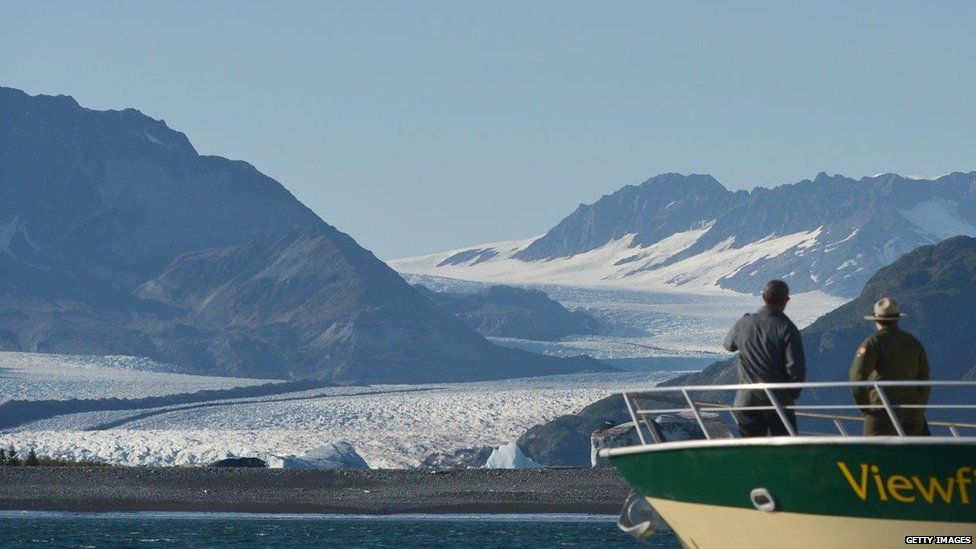‘Snail’s pace’ row over progress at UN climate talks

UN officials have reacted sharply to criticism from their Secretary General that climate talks are going at a “snail’s pace”.Ban Ki-moon has been concerned that the negotiations are moving too slowly to deliver a new global deal in December. His views were echoed by many delegates at this latest meeting in Germany.
But one of the men tasked with drafting a new text said that even going at the pace of a mollusc, a draft agreement would be ready for Paris. And referring to Mr Ban’s lofty New York office, Ahmed Djoghlaf said that it was difficult for someone living up on the 38th floor to know what was going on in the basement.
Mr Djoghlaf was speaking here in Bonn where he and his fellow co-chair of the talks, Dan Reifsnyder, were again tasked with producing a draft agreement that would be ready for countries to negotiate over in the French capital at the end of the year. Their first effort, completed in June, was a compilation of almost all the positions that have developed over the past three years.
It ran to an unwieldy 83 pages. Divided into three parts, the first was the draft of a legally binding agreement, which would define and set a long-term goal for dealing with climate change. The second part was a so-called “decision of the COP,” a less powerful instrument that would lack legal teeth. The third and largest part of the original document comprised the bits that no-one could agree on.
Now, after a week of slow progress in Bonn, delegates from a large number of countries say they need another, slimmer version of the text, and they have asked the co-chairs to try again. “It is extremely frustrating, the slow pace at which we’ve worked this session,” Amjad Abdulla, of the Maldives and chief negotiator for small island states, told BBC News. “I think it’s time that the co-chairs prepare a basis for negotiations so that we can actually kick off our negotiations in October.”
French cooking
Others were more critical of the pace of preparations.
“The sense of urgency required in view of the few months remaining before Paris in December was simply not there,” said Matthias Soderberg, of the ACT Alliance of campaigners.
But the co-chairs rejected these complaints – as did the UN Executive Secretary, Christiana Figueres. “It is not really about the pace, the questions [are]: Do we remain moving in the direction of progress? Most definitely so. Are all components on the table? Most definitely so. And does everyone still agree to the final destination? Most definitely so,” she told reporters.
“The proof is in the pudding and the pudding is going to come out of the oven in Paris.” There are still major divisions between the countries on some critical concepts that will shape the nature of the new agreement.
Among them are the future for fossil fuels, with some developing countries and many environmental groups wanting the agreement to have a firm end in sight for coal, oil and gas. Many other nations disagree and want a more nuanced goal.
Easy pickings
Despite some progress on the key issue of loss and damage, there are still big disagreements on money and on the concept of differentiation, meaning the share of load that each country takes on. There were concerns in the halls of the conference centre that the delays and the need for new, simpler texts will lead to an agreement that harvests the lowest hanging fruit and not much more. “I think that politically we are now in a situation where everybody wants a deal, so we will get one, but the nature of the deal is absolutely still in question,” said Prof Michael Jacobs, climate adviser to former UK Prime Minister Gordon Brown.
“The world’s public will demand a deal that is good enough and that is still the issue that these negotiators have to face.”
Source:
Matt McGrath. Environment correspondent. BBC News. Available on http://www.bbc.com/news/science-environment-34159491

